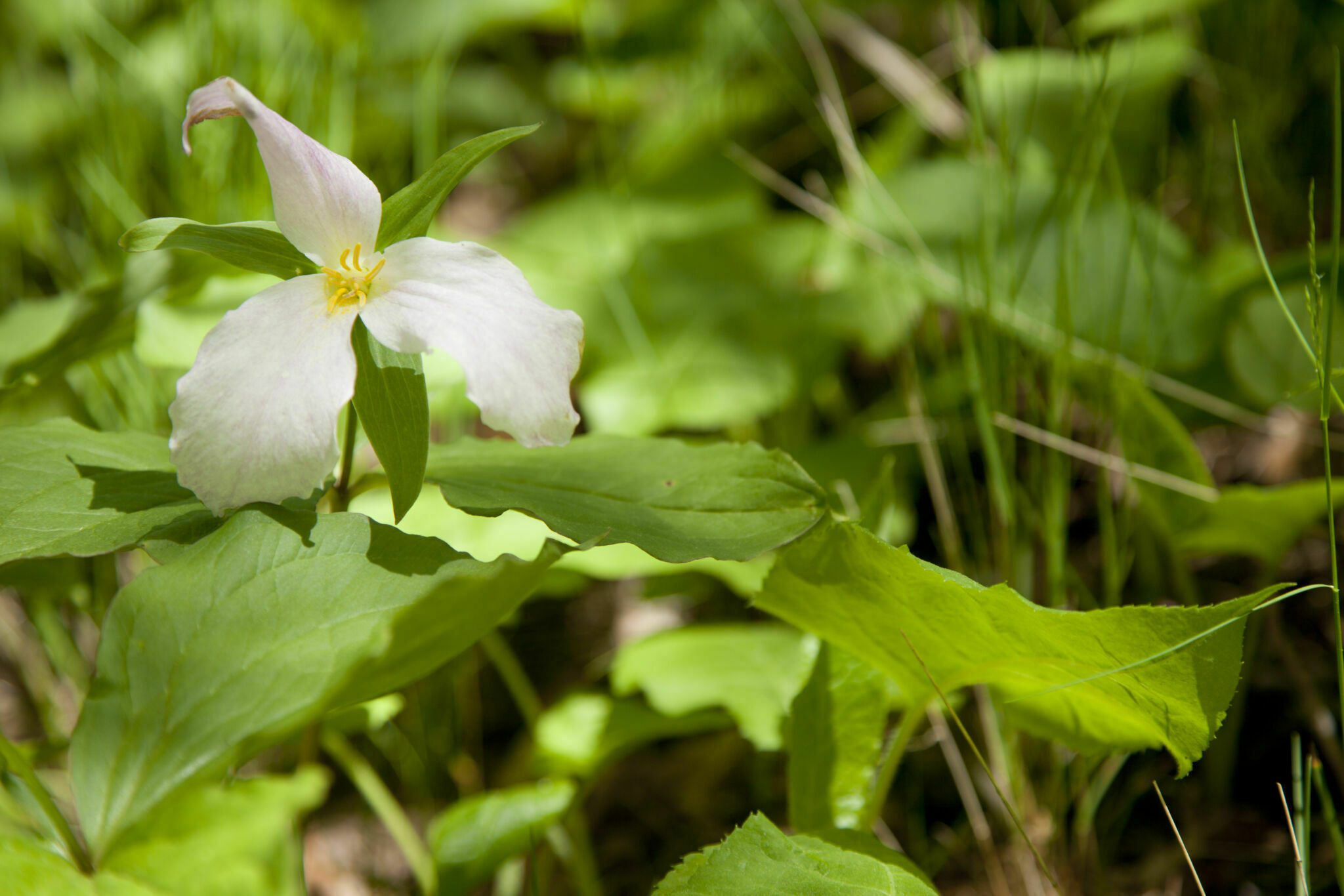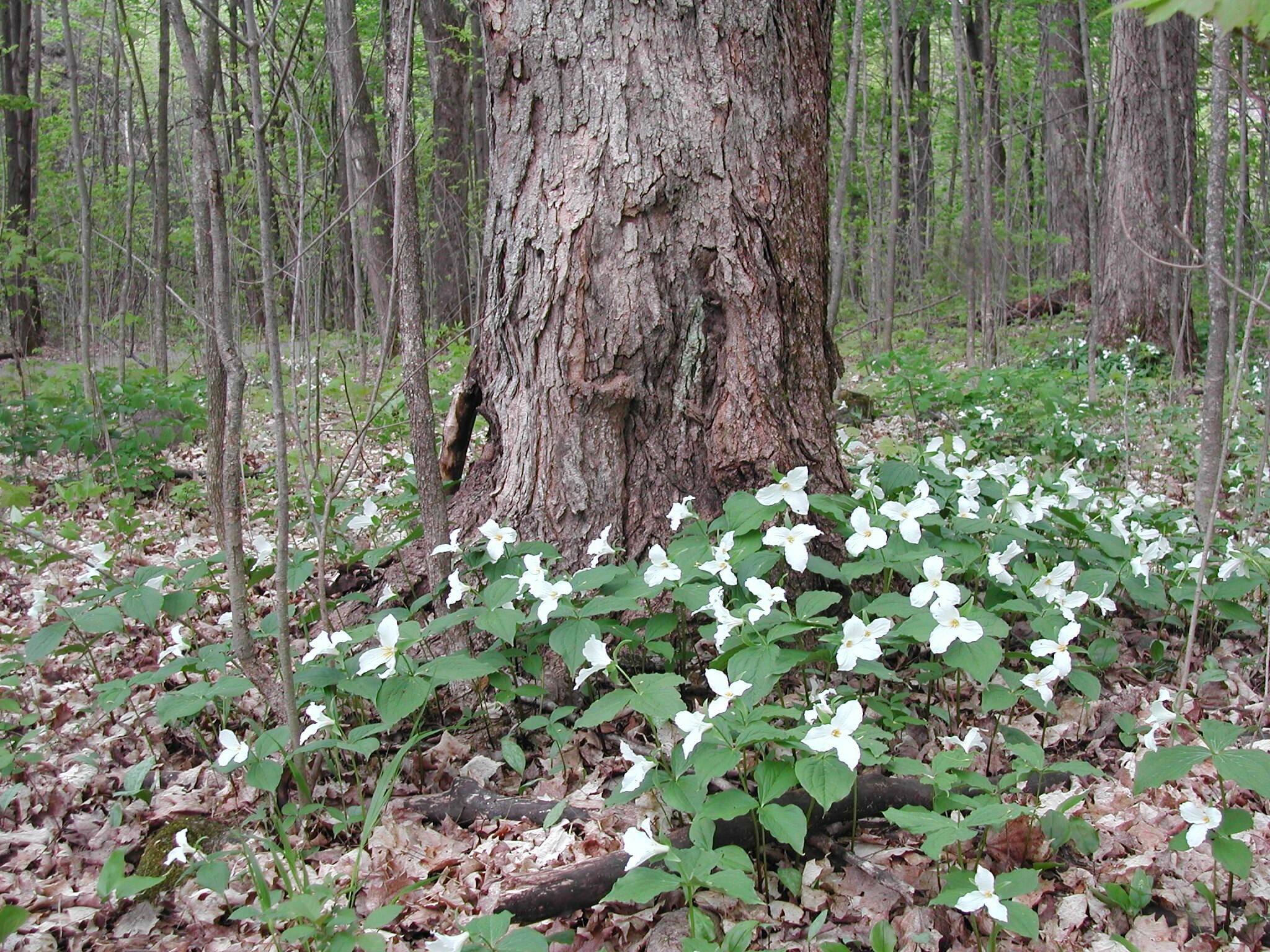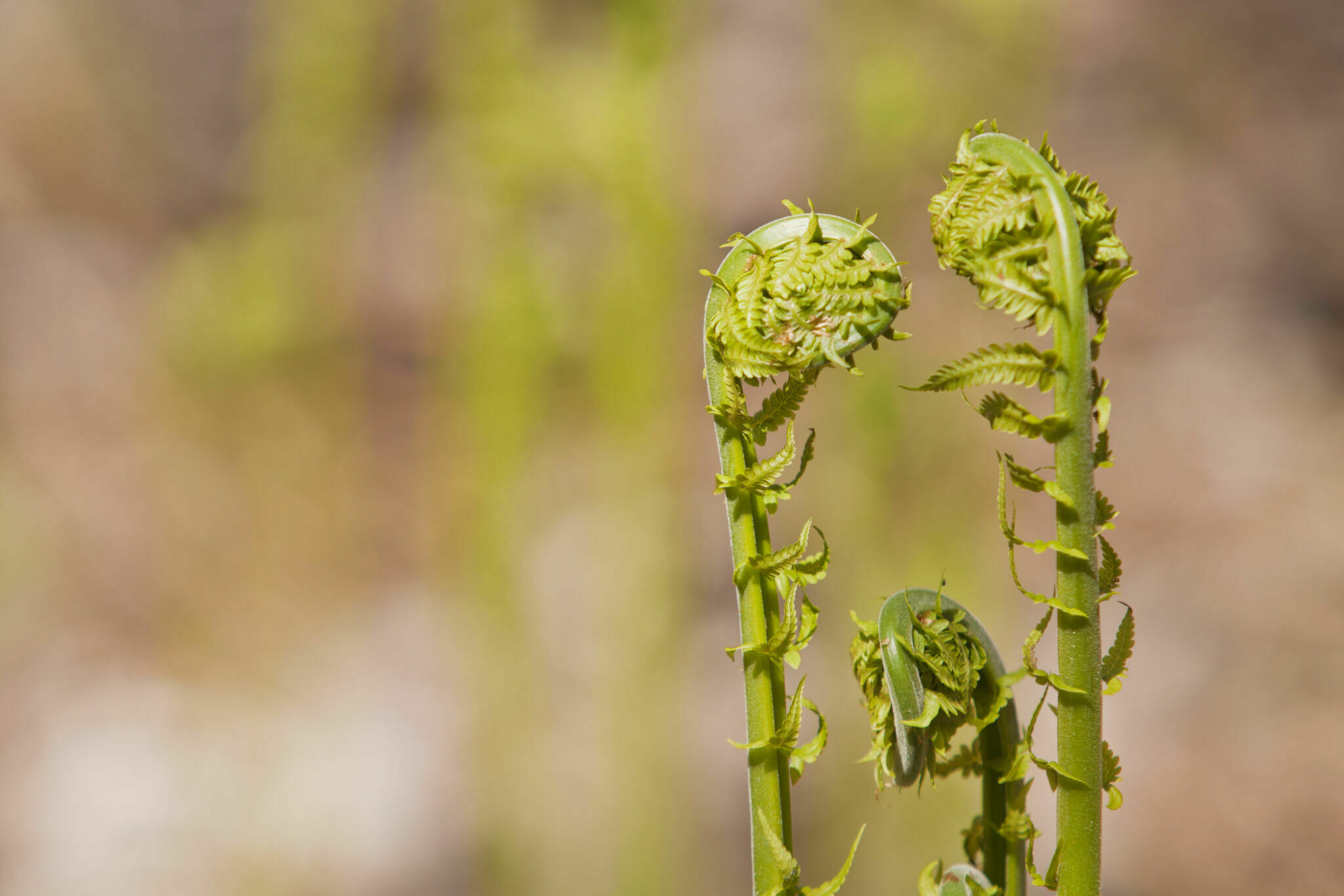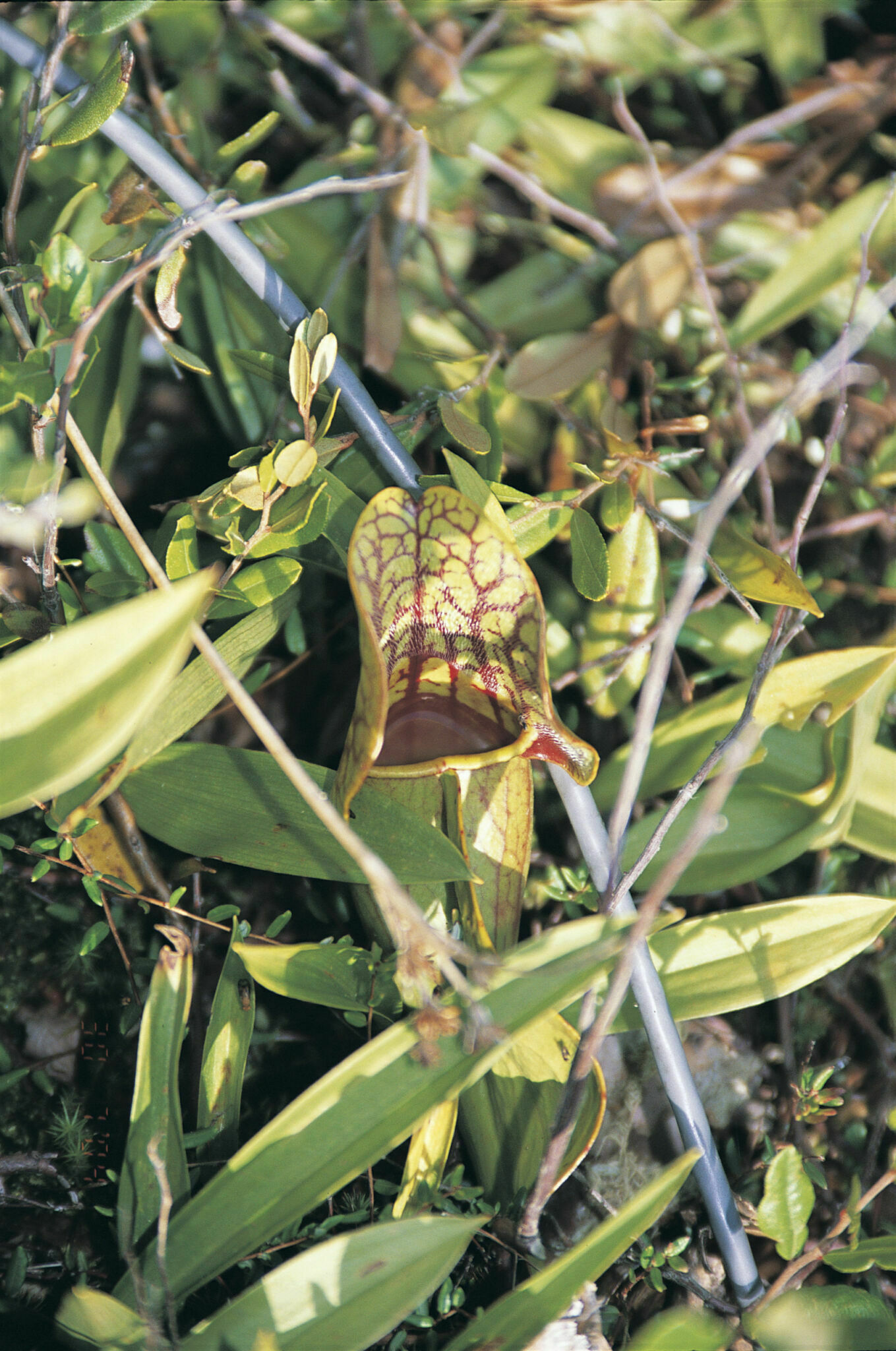Authors: Olivia Pantoja and Alexander Stone, Biologists
Imagine if every person who visited you took away some kind of souvenir. A little food here, an item of clothing there: pretty soon, you wouldn’t have enough for your own needs.
This is sort of the same thing that happens when people pick plants, take away rocks and stones, or gather mushrooms from the forest. These natural objects serve as habitat and food for plants and wildlife, including threatened species.
For conservation reasons,the National Capital Act prohibits gathering or picking anything found on NCC lands. These lands receive millions of visits each year, and every action counts. Read this blog to find out why it’s important to leave what you find in nature.
What happens when we pick plants?
People pick plants and mushrooms for all kinds of reasons: flavour, health benefits, decorative purposes or even to make money.
But, even if they are done is a respsonsible way, that is, by staying on trails and picking only small quantities, these actions have an impact. In all cases, they are not permitted on lands under the responsibility of the NCC.
Plants take a lot of time to grow, and expend a lot of energy to do it. To understand the effects of picking plants, it is important to understand the natural cycle that species undergo.
Flowering plants

Flowering plants have a cycle that begins with the dispersal of seeds in the environment.
- Seed dispersal: Fruit releases seeds.
- Germination: Seeds develop into sprouts.
- Growth: The plant grows and matures, developing from a young plant to an adult plant.
- Flowering: The adult plant produces flowers.
- Fructification: Flowers transform into fruits, which bear seeds (…and the process starts again!).
Picking plants during the flowering stage (or before, in the case of plants with bulbs that are collected) prevents them from reaching the fructification stage and reproducing.
Mushrooms

Mushrooms are much more than the part we see above ground, which is called the sporophore. There is an entire system of hyphae underground beneath the mushroom, much like the roots of a plant. The mushroom’s underground system can be damaged when the sporophore is picked, if this is not done properly.
Mushrooms are important parts of the ecosystem. They transform the carbon present in decomposing trees and store it in the ground. For the ecosystem to remain healthy, it is important not to pick mushrooms.
How does wildlife fit in?

Several animal species rely on the leaves, flowers or fruits of plants. Picking the plant decreases the resources available for wildlife.
In addition, some creatures in nature, such as birds and insects, live in relationship with plants and flowering trees. The following are a few examples:
- Flowers provide nectar for bees.
- Leaves provide food and habitat for caterpillars.
- Fruits attract birds, such as orioles.
Contributing to conservation
The NCC’s priority is to protect ecosystems in the parks and natural environments under its responsibility. It is for this reason that harvesting and gathering is prohibited. Anyone who contravenes this rule may be subject to a fine up to $500.
It can occur that the impact of picking plants is so great that human intervention is required to ensure the local survival of a species. This is the case with wild leeks, which can take seven to 10 years between germination and first flowering. Because it is very slow-growing, this species is particularly vulnerable.
In spring 2021, the NCC seized 7,000 wild leek bulbs that had been illegally picked in Gatineau Park. To save this fragile species, student biologists in Gatineau Park replanted over 3,000 wild leek bulbs.

Treat nature as you would want others to treat your home. Every action counts. Whether you visit the Greenbelt, Gatineau Park or an urban park, follow the principles of outdoor ethics. Take nothing but pictures, and leave nothing but footprints on the trails.
If you witness anyone engaged in illegal picking or selling of plants or mushrooms, please contact us.
NCC emergency line: 613-239-5353


